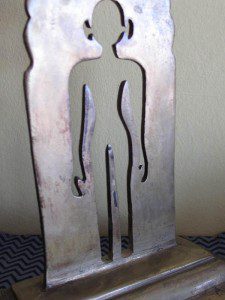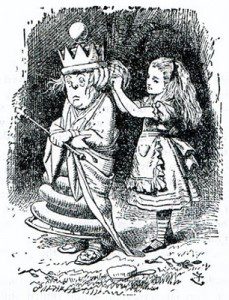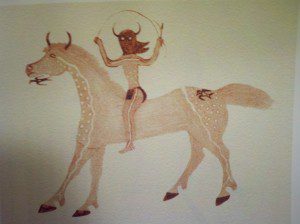
“The soul is only partly confined to the body, just as God is only partly enclosed in the body of the world.”
The author is the Polish physician, alchemist and philosopher Michael Sendivogius (1566-1636), in his tract De Sulphure. The statement ignited the mind of Carl Jung, who explores the thinking behind it at length in Psychology and Alchemy, volume XII in the Collected Works.
In this conception the human soul is “the vice-regent of God”; it rules the mind and this rules the body. It operates within the body, but the greater part of its functions is exercised beyond the body. Imagination is the great faculty of soul. It is through its “imaginative faculty” that soul can operate in areas of “utmost profundity” (profundissima) outside the body. It has “absolute and independent power” to do many things that the body cannot perceive.
“When it so desires, it has the greatest power over the body, for otherwise our philosophy would be in vain.”
There is a constant engagement between soul and the world, and this can generate events far beyond the reach of the body or the ordinary mind. The discussion hints at the overlapping and interacting soul energies of individuals and whole groups of people, whether for good or bad.

